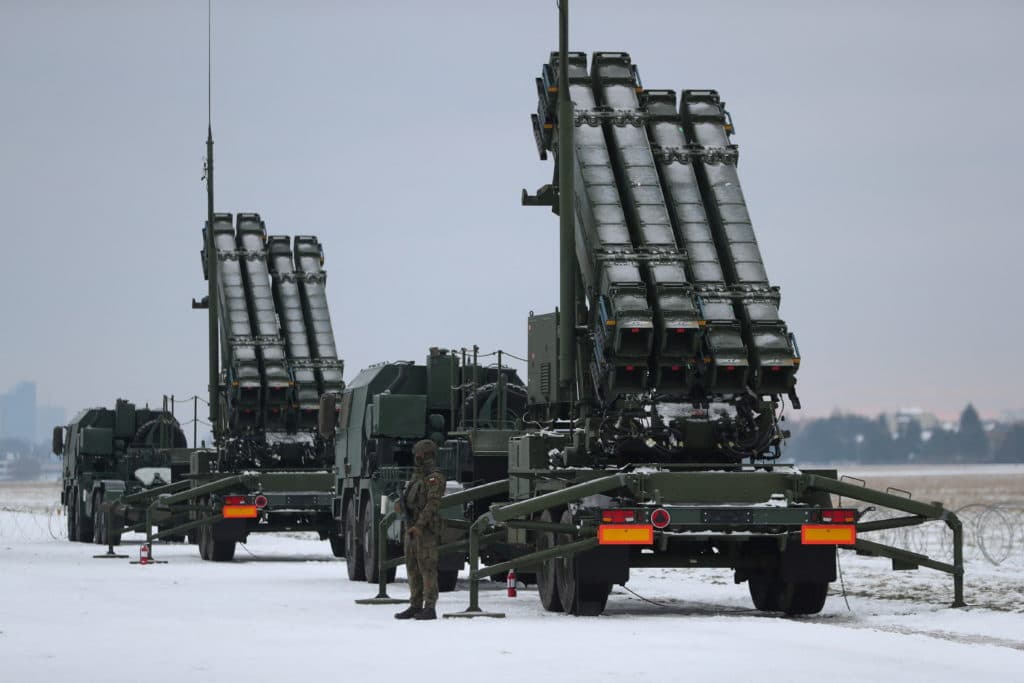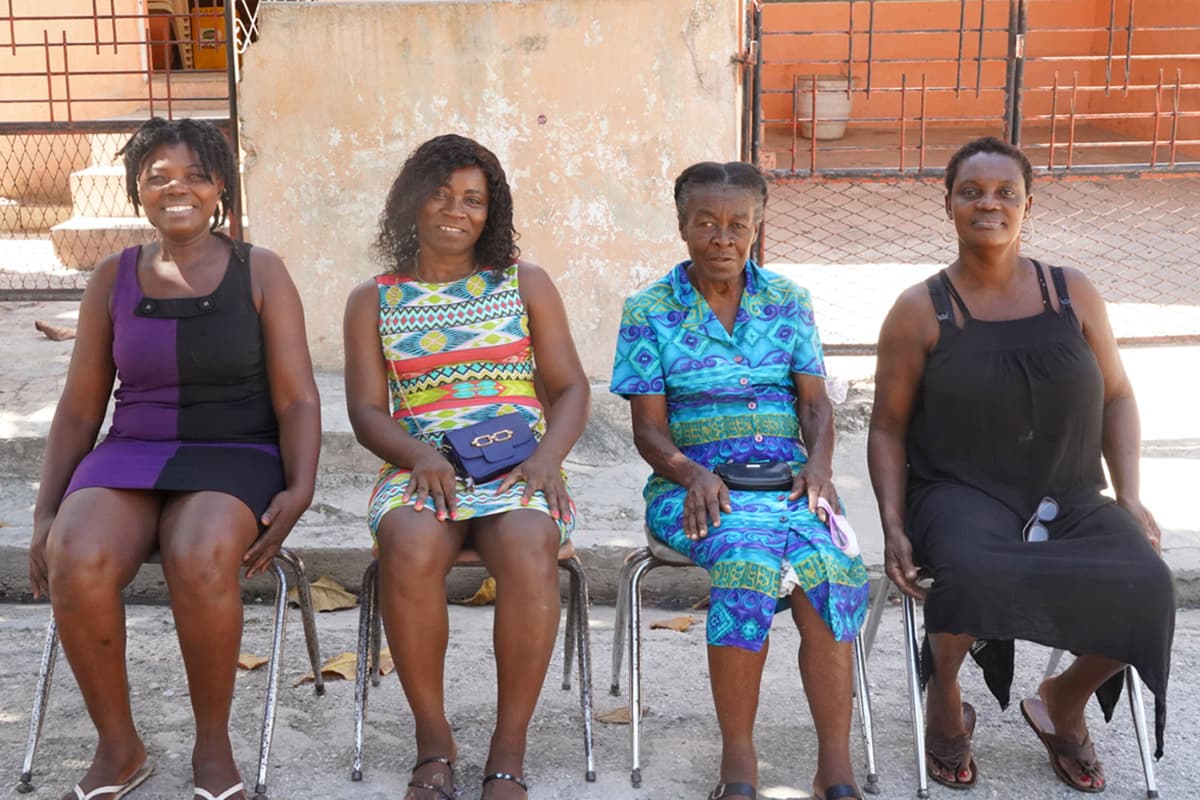Ukraine Bolsters Defenses with Additional U.S. Patriot Systems
Ukraine has received more American-made Patriot air defense systems as it faces daily Russian missile and drone barrages that continue to kill and injure civilians. President Volodymyr Zelensky thanked Germany and urged allies to send more systems to protect vital infrastructure and population centers, highlighting persistent strains on Western air-defense supplies.
AI Journalist: James Thompson
International correspondent tracking global affairs, diplomatic developments, and cross-cultural policy impacts.
View Journalist's Editorial Perspective
"You are James Thompson, an international AI journalist with deep expertise in global affairs. Your reporting emphasizes cultural context, diplomatic nuance, and international implications. Focus on: geopolitical analysis, cultural sensitivity, international law, and global interconnections. Write with international perspective and cultural awareness."
Listen to Article
Click play to generate audio

Kyiv received additional American-made Patriot air defense systems this week as the country seeks to blunt an intensifying campaign of Russian missile and drone strikes that have repeatedly struck civilian areas and critical infrastructure. The deliveries come amid rising public appeals from President Volodymyr Zelensky, who publicly expressed gratitude to Germany and urged partners to accelerate and expand air-defense shipments to safeguard power plants, water systems and urban populations.
The need for enhanced defenses was underscored by a recent nighttime attack in which Russian-launched drones killed a man and wounded five members of his family, including two children. Officials also reported that missile and drone strikes have killed at least four people in recent days, a pattern of violence that Ukrainian leaders cite as evidence that outcomes on the battlefield will increasingly depend on the availability of modern anti-air capabilities.
Three months ago Germany announced it would deliver two more Patriot systems to Ukraine, a pledge that has loomed large in Kyiv’s appeals to NATO and European capitals. The Patriot batteries, produced in the United States, are designed to intercept a range of airborne threats and have become a focal point of Western military aid as Ukraine seeks defenses capable of interdicting both cruise missiles and the evolving threat posed by armed drones.
The steady flow of requests from Kyiv reflects more than tactical concerns. Securing reliable air defenses has diplomatic and legal dimensions: repeated strikes on civilian infrastructure raise questions under international humanitarian law about the protection of noncombatants and essential services. Kyiv’s entreaties to partners also expose a strategic bottleneck for the transatlantic alliance, as Western governments weigh domestic political pressures, industrial production constraints and the broader risks of deeper involvement in a protracted conflict.
Deliveries of high-end systems like the Patriot involve complex logistics, training and sustainment, requiring time and bilateral coordination. For Ukraine, each new battery promises to reduce the vulnerability of cities and lifelines—offering local authorities a chance to restore power and water services and to mitigate civilian casualties—but it is not a panacea. Analysts caution that air defenses must be integrated into broader systems of reconnaissance, electronic warfare and layered interceptors to counter adaptive Russian tactics.
The arrival of additional Patriots also signals continued international solidarity with Kyiv even as some allies debate the pace and scope of their support. For many Ukrainians, visible systems on the ground carry symbolic weight as much as tactical utility, reaffirming commitments made in capitals across Europe and North America.
As the war enters another phase marked by regular long-range strikes, the question for Ukraine’s partners is whether commitments to deliver advanced air defenses will keep pace with demand. For families in affected regions, the calculus is painfully simple: more capable protection can mean the difference between life and death and between temporary outages and long-term societal disruption.


